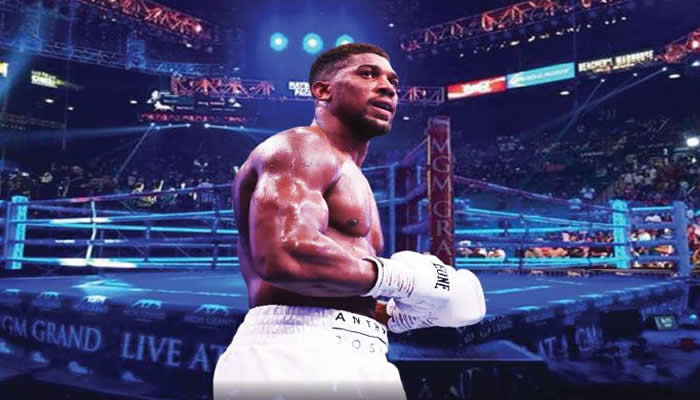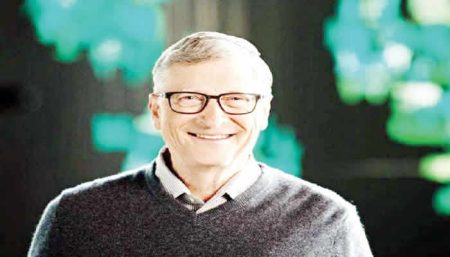The boxing world is abuzz with speculation surrounding Tyson Fury’s retirement announcement and a potential showdown with Anthony Joshua. George Groves, a seasoned veteran and former WBA super middleweight champion, believes Fury’s retirement is a temporary hiatus, a strategic move rather than a definitive exit from the sport. Groves suggests Fury’s decision provides him with a degree of freedom, unshackling him from the stringent demands of training and the regulatory oversight of boxing authorities. This freedom allows Fury to dictate his return on his own terms, potentially adding an element of intrigue and anticipation to any future fight, particularly against Joshua. Groves anticipates that a clash between the two British heavyweights is inevitable, likely to materialize once Joshua recovers from injury or undergoes elbow surgery. He envisions a lucrative showdown staged in Saudi Arabia later this year, driven by the undeniable financial incentives for both fighters.
Groves dismisses the notion of Fury’s retirement being genuine, pointing to the Gypsy King’s history of multiple retirement announcements. He argues that these pronouncements are more theatrical than factual, serving as a tactical maneuver rather than a genuine expression of intent. This perspective underscores the inherent theatricality of boxing, where pronouncements of retirement can be leveraged to generate publicity and maintain a fighter’s relevance in the public consciousness. The retirement announcement, according to Groves, allows Fury to momentarily step back from the pressures of the sport while simultaneously keeping the possibility of a future return, and the accompanying financial rewards, within his grasp. This calculated ambiguity maintains anticipation for a potential clash with Joshua, a matchup that promises significant financial returns for both fighters.
Groves’s assessment of the potential Fury-Joshua fight contrasts sharply with the views of another British boxing legend, Carl Froch. Froch has characterized the prospective bout as a “total mismatch” heavily favoring Fury. Groves, however, believes it’s a much closer contest, a genuine “pick ’em” fight. While acknowledging Fury’s advantages in size, agility, boxing IQ, and hand speed, Groves emphasizes Joshua’s formidable athleticism, devastating punching power, and significant experience in high-stakes fights. He contends that the outcome hinges on factors beyond mere physical attributes, including mental fortitude, in-fight strategy, and the unpredictable nature of boxing itself. These nuances, according to Groves, render the fight a far more complex and balanced proposition than Froch’s dismissive assessment.
Analyzing the potential dynamics of the fight, Groves highlights the contrasting styles of the two heavyweights. Fury’s elusiveness, unorthodox movements, and superior boxing intelligence present a unique challenge for Joshua. Conversely, Joshua’s explosive power and experience navigating the pressures of high-profile fights make him a dangerous opponent for any heavyweight. The fight, therefore, represents a clash of styles, a test of Fury’s ability to maintain distance and control the pace against Joshua’s explosive power and potential for a knockout blow. Groves emphasizes the importance of in-fight adjustments, tactical acumen, and the ability to capitalize on opportunities as crucial determinants of the outcome. The fight’s inherent unpredictability, he argues, is what makes it such a compelling prospect for boxing fans worldwide.
Groves also reflects on Joshua’s recent knockout loss to Daniel Dubois, a defeat he describes as a significant setback for the former heavyweight champion. He suggests Joshua may have underestimated Dubois, anticipating a more cautious approach from his opponent. However, Dubois’s aggressive tactics, coupled with a well-timed knockout blow, proved too much for Joshua to handle. The loss, according to Groves, exposed vulnerabilities in Joshua’s defensive strategy, raising questions about his ability to recover from such a decisive defeat. He highlights the psychological impact of knockout losses, particularly on a grand stage, emphasizing the challenge Joshua faces in regaining his confidence and rebuilding his momentum.
The potential Fury-Joshua fight carries immense significance for both fighters. For Fury, a victory would solidify his legacy as one of the greatest heavyweights of his era. For Joshua, it represents an opportunity to redeem himself after a disappointing defeat and reclaim his position at the pinnacle of the division. The fight also holds broader implications for the heavyweight landscape, potentially shaping the trajectory of the division for years to come. The anticipation surrounding this potential clash reflects the enduring appeal of boxing, a sport where narratives of redemption, legacy, and athletic prowess converge to captivate audiences globally. Groves’ insight, informed by his own experiences in the ring, offers a compelling perspective on the complexities and potential outcomes of this highly anticipated matchup.














